How Often Do You Need to Replace West Columbia Water Heaters?
Homeowners often ignore the significance of maintaining a water heater until they run out of hot water. This has the potential to cause both inconvenience and danger. To avoid such unpleasant situations, it is critical to conduct proper maintenance. Our guide highlights signals indicating the necessity of substitution, as well as factors to contemplate when deciding to purchase a new system. Keep reading to discover how to ensure dependable and steady access to hot water for your family.

How long do water heaters last?
Hot water heaters play a crucial role in everyday home life by providing hot water for showers, laundry, and dishwashing. Their longevity, however, can be impacted by several factors. Typically, they last 8 to 12 years, as multiple elements, like the following, could affect their expected lifespan:
Typically, tankless water heaters have a longer lifespan compared to traditional units.
The lack of proper installation and maintenance can significantly diminish the lifespan of a water heater.
It is important to conduct regular maintenance and inspection to ensure optimal efficiency and long-lasting performance.
Keep in mind that excessive daily usage and high levels of hard water can increase the wear and tear on your unit, ultimately compromising its ability to operate effectively in the long term.

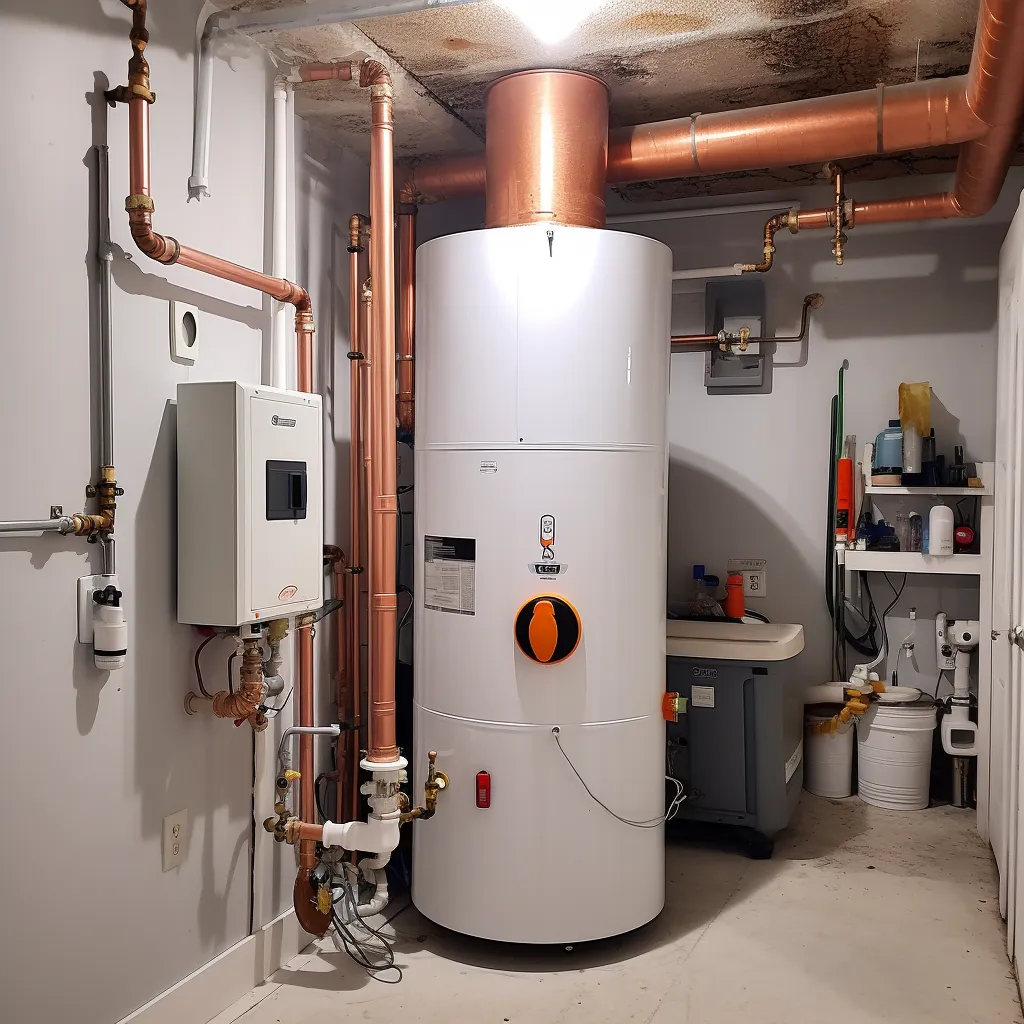
Consider how much
you can spend
on a new hot water heater
Selecting the best water heater for your home and budget can be difficult due to the various models available. To make an informed choice, take into account energy efficiency, capacity, and compatibility with your lifestyle. While some models may have steeper upfront costs, you can save a significant amount on energy bills over time. Additionally, investing in a high-quality water heater can lead to long-term savings, so weigh your options and take your time.

Replacing a water heater is a significant decision
A water heater replacement warrants in-depth analysis of different factors such as age, efficiency, and cost. Replacing an older model or a one requiring repetitive repairs with an efficient one could cut down on the utility bills. Consider researching well and consulting with a professional to identify an action plan catering to your individual needs.
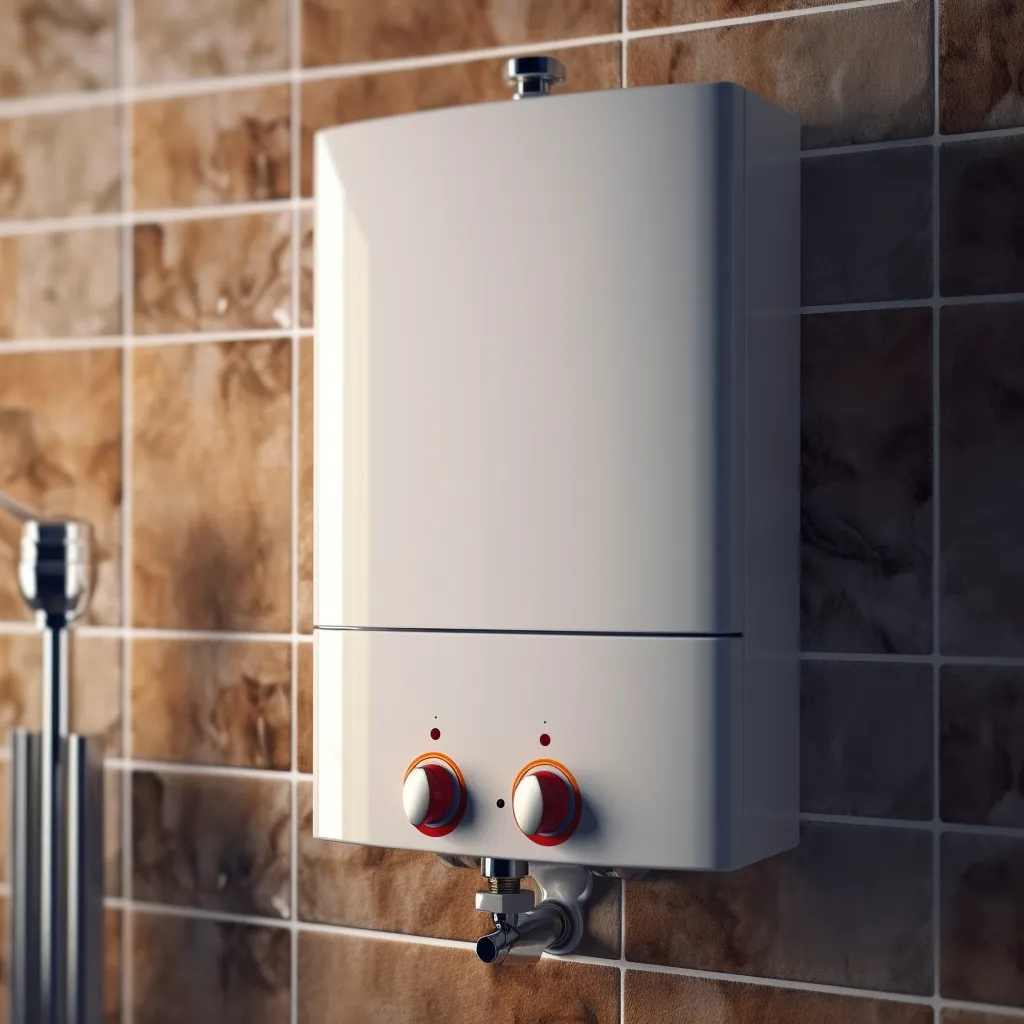
Tips to extend the lifespan
of your water heater
Ensure the longevity of your water heater by applying these tips to improve its performance, instead of letting it deteriorate until a malfunction occurs.
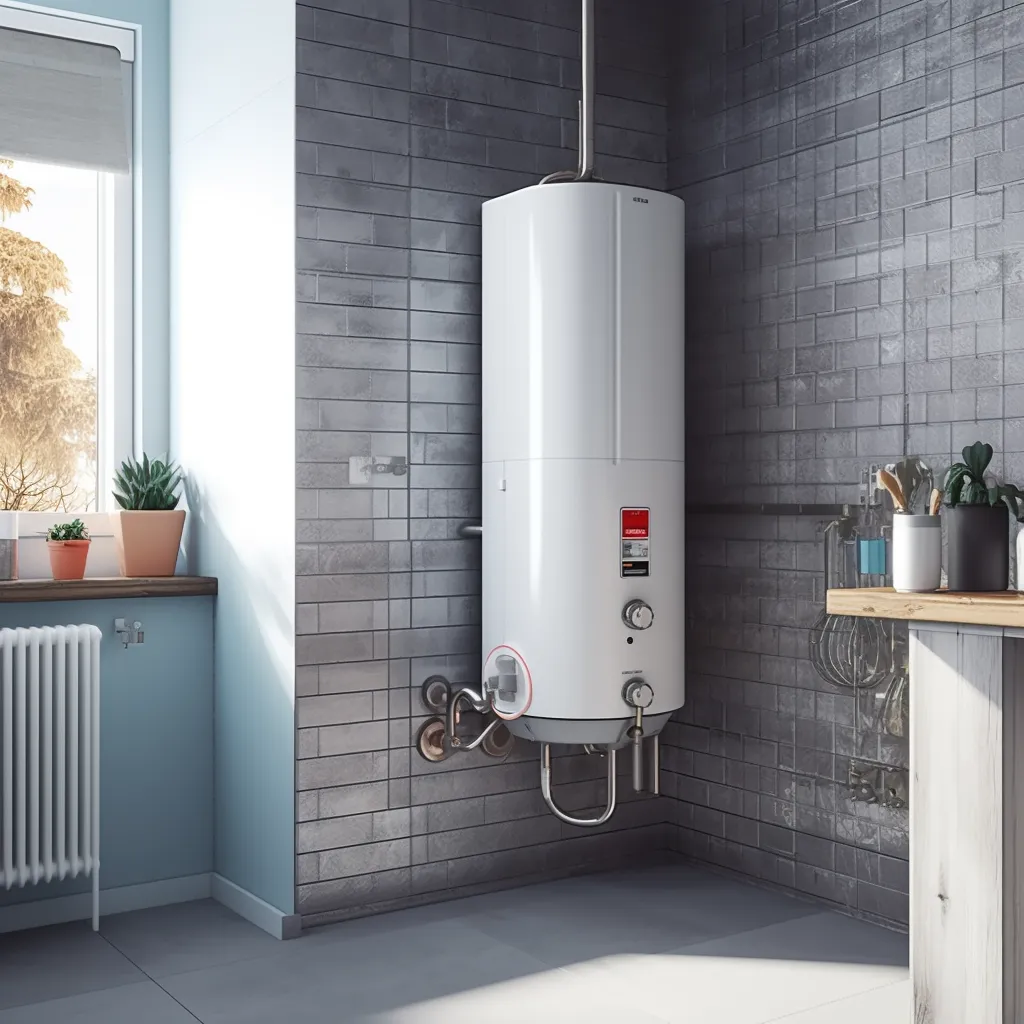
Regularly flush it to remove sediment, reduce corrosion and prolong its life.
Install a water filter to keep debris out of the pipes.
Insulate your hot water storage tanks to reduce heat loss and save energy.
Check the temperature and pressure relief valve regularly to avoid pressure buildup.
Inspect and replace the anode rod periodically to prevent corrosion.
Install a timer to save money and give your heater some downtime.
Lower the temperature setting to increase efficiency and minimize wear and tear.
Regular maintenance is crucial for extending the lifespan of your water heater, which includes having it inspected and flushed to get rid of sediment buildup. Doing so can decrease corrosion, decrease repairs, and increase energy efficiency.
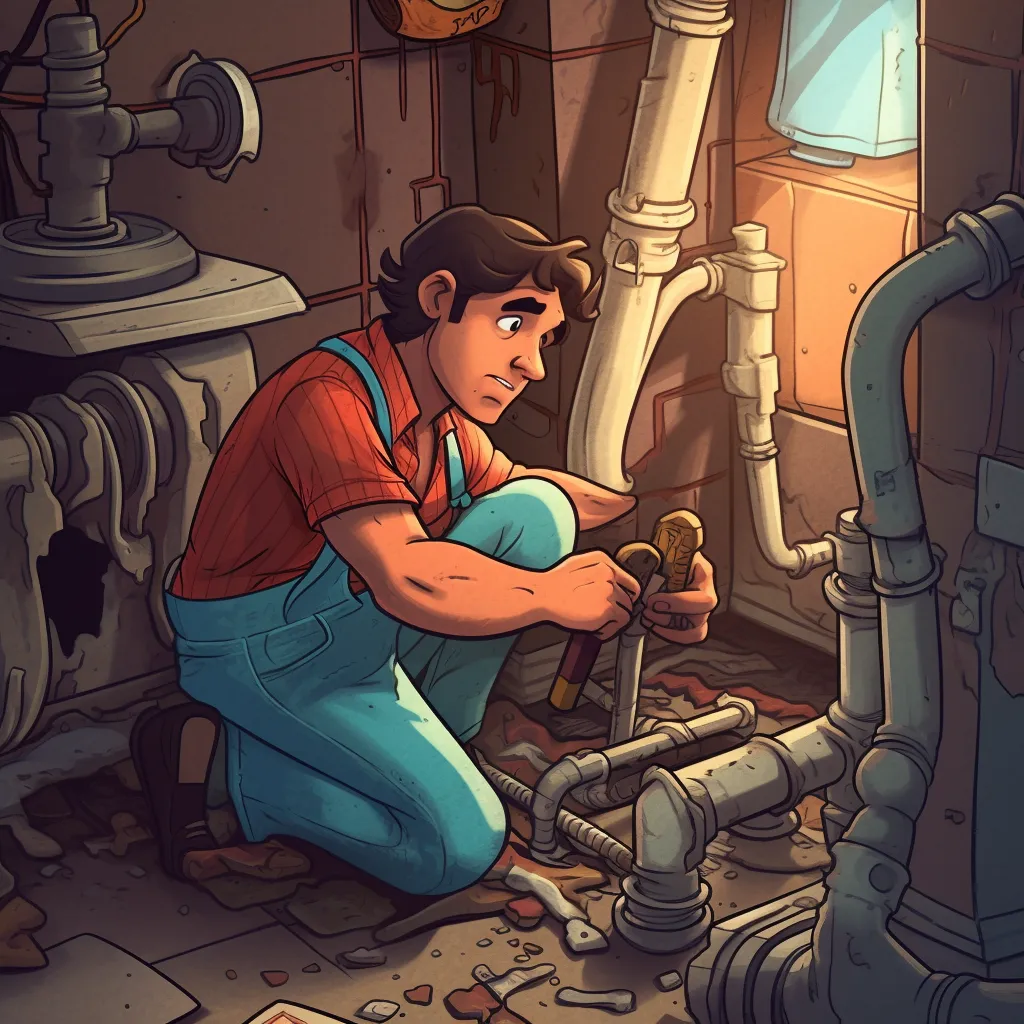
Promply take care
of any malfunctions
To keep your water heater in good working condition, it's crucial to address any malfunctions. One clear indication of a problem is a lack of hot water, which could be due to a defective heating element or related parts. In addition, unusual noises coming from the heater may indicate underlying mechanical or sediment buildup issues. If you notice any of these warning signs, don't hesitate to seek out a specialist who can diagnose and fix the problem. Addressing repairs promptly can help extend the life of your heater and save you money in the long run.
Signs it's time to get a new water heater
Water heaters are mechanical devices that wear out over time. As such, if you encounter a few warning signs, it may be time to consider purchasing a new one for your home.
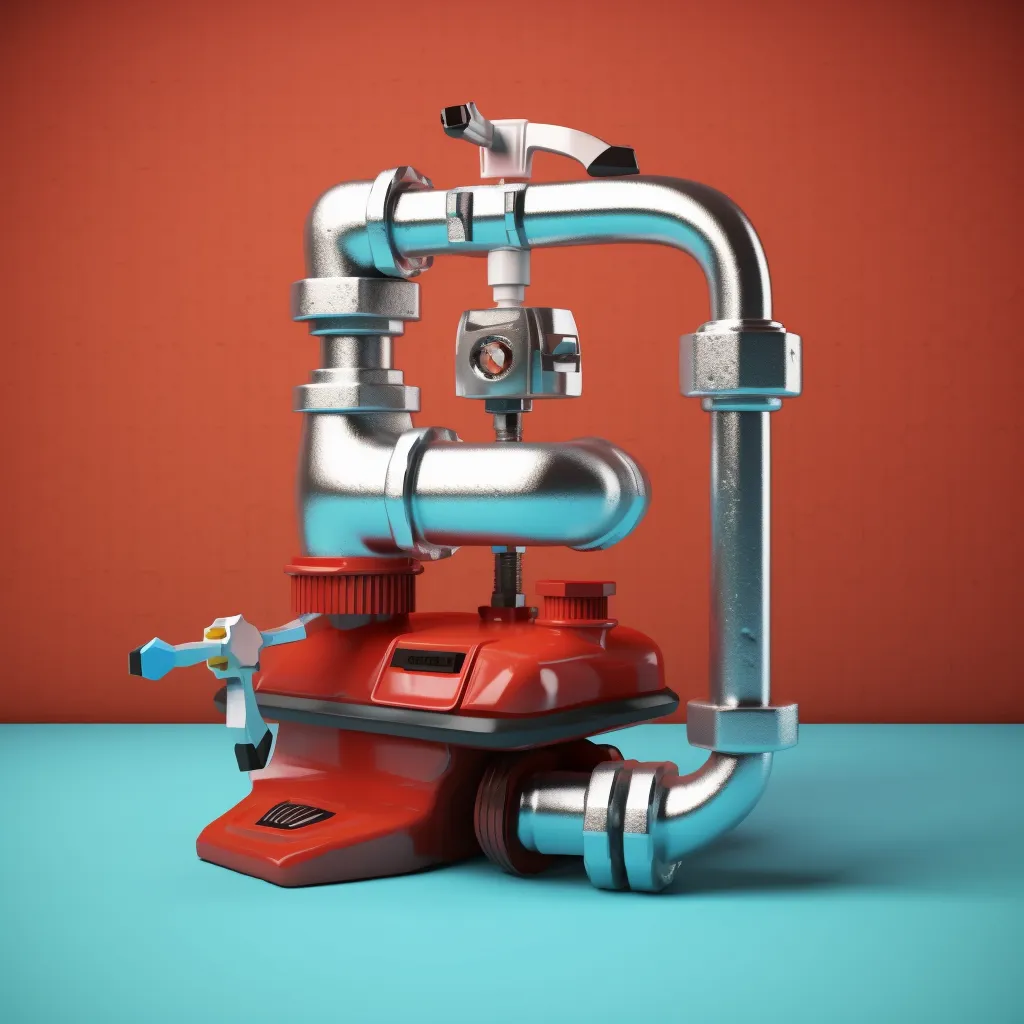
Age: If it's over a decade old, it's time to get a new one. Water heaters usually last between 10-15 years.
Noises: Popping or gurgling sounds indicate the need for a new tank.
Leaks: If you see water around its base, there may be a leak that needs fixing.
Hot Water Outages: Frequent outages could indicate that your water heater needs replacing.
High Energy Bills: Faulty water heaters can lead to sudden increases in energy bills.
Frequent Repairs: If you're regularly repairing your water heater, you may need to upgrade to a new one.
Corrosion or Rust: Rusting or corroded areas around the unit mean it's no longer functioning.
Strange Taste or Smell: Off-tasting or smelling water is a sign that your unit isn't functioning correctly.
Insufficient Hot Water: If you're not getting enough hot water, it's time to replace the water heater.
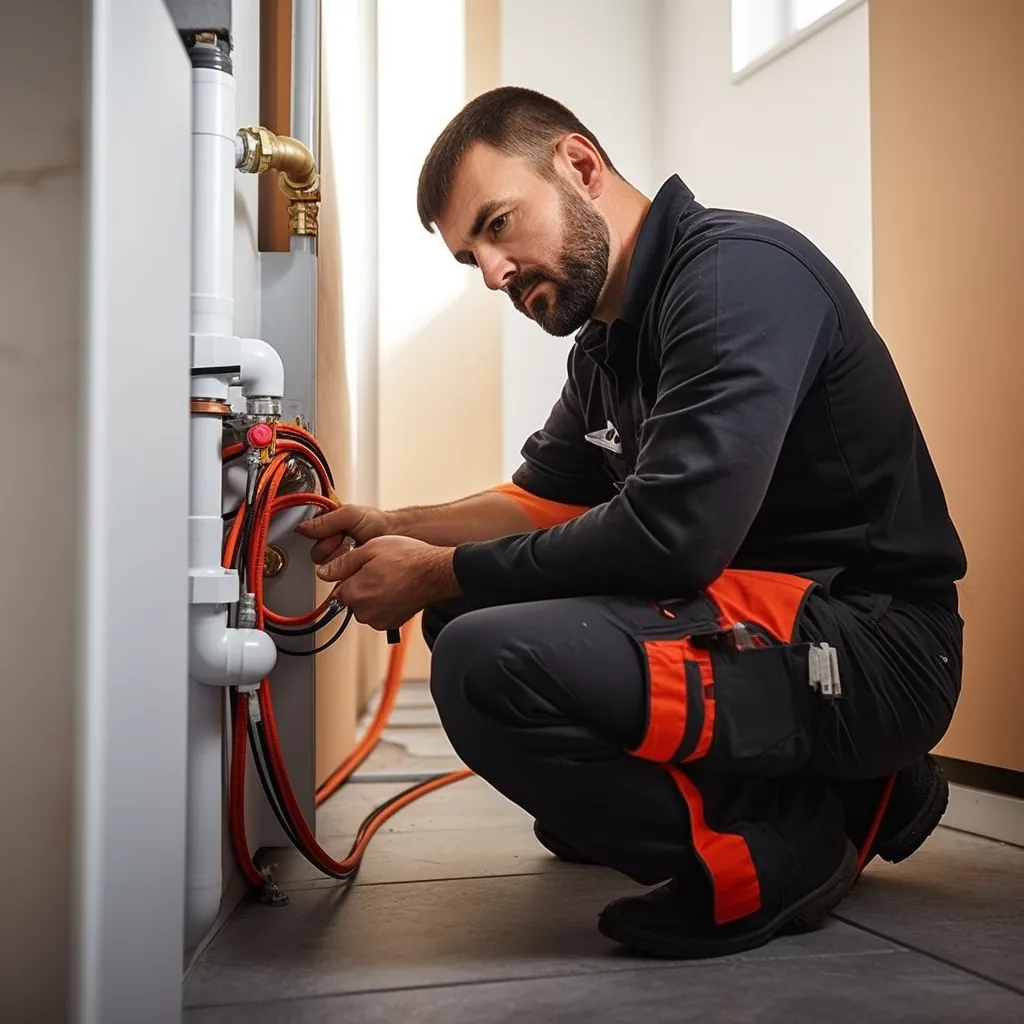
Ignoring warning signs can cause significant damage to your home and pose health risks. To address the issue, it's crucial to consult with a professional promptly to determine the best course of action.
What does it cost to replace
a water heater?
When considering the replacement of a water heater, it's natural to be concerned about the costs involved. Keep in mind that several factors contribute to the determination of the final price.
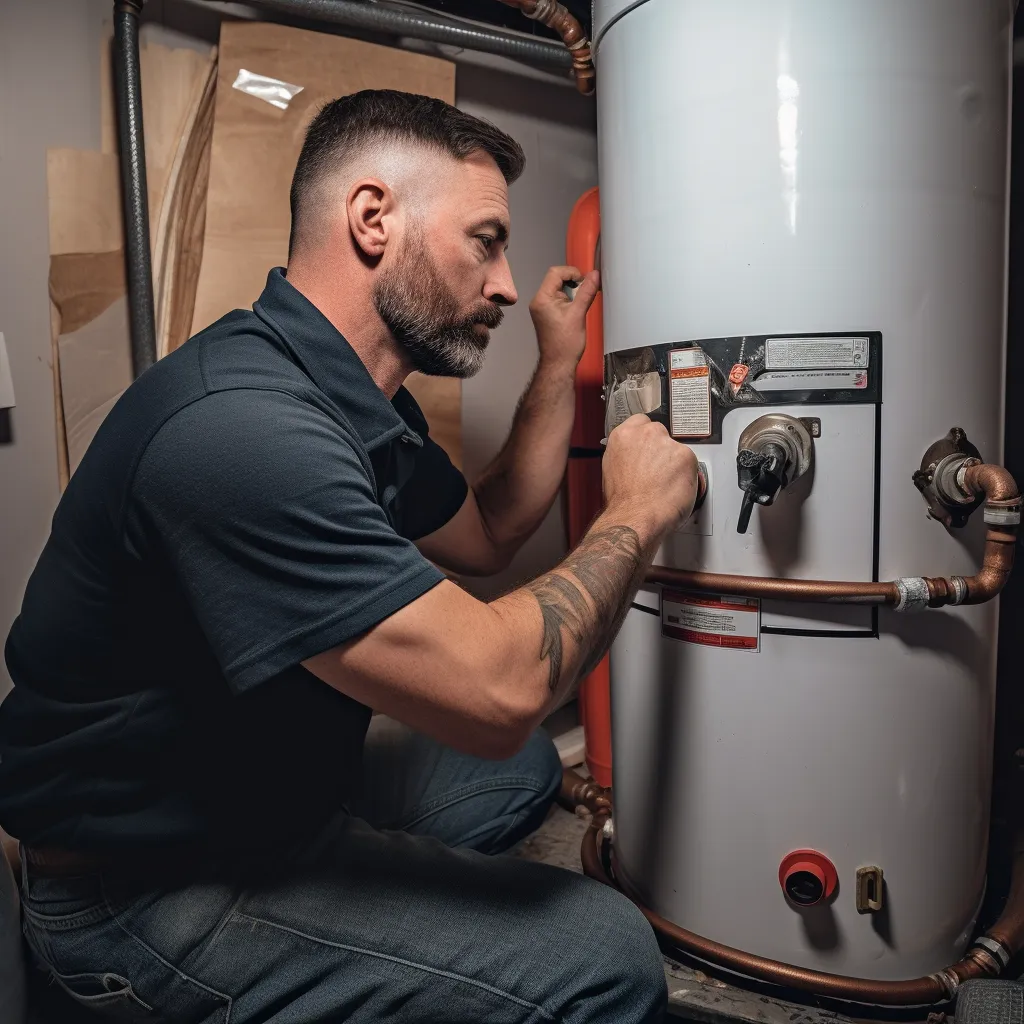
Water heaters are available in various types, such as standard electric models and tankless systems, with replacement costs dependent on the chosen type.
It's worth noting that larger units have higher replacement costs.
Complex installation work increases installation costs.
Replacing your water heater entails a significant investment. Standard electric water heaters can cost anywhere from $500 to $2,500 to replace, and tankless water heaters can incur even higher repair costs between $1,000 to $3,500. Investing in a high-quality unit is recommended as it can increase energy efficiency and save on utility bills in the long run. Delaying replacement for too long may lead to costly home damage.
Common FAQs about replacing
and installing a water heater
If you're considering replacing or installing a water heater, it's important to have answers to key questions that can guide you throughout the process. Here are few such questions that can help steer you in the right direction.
What is the required size of the water heater?
How long will the installation take?
Which fuel source should be used for heating?
What is the estimated cost?
Is professional assistance needed during the installation process?
Selecting the right water heater that fits your home, requires consulting a licensed plumber. They can help navigate the process, from determining the proper heater size and type, to providing an estimate of installation costs and guide you through additional required work.
Tips on saving money
when you replace a hot water heater
Save big while ensuring consistent hot water access for your home by using these tips to replace your hot water heater without breaking the bank.
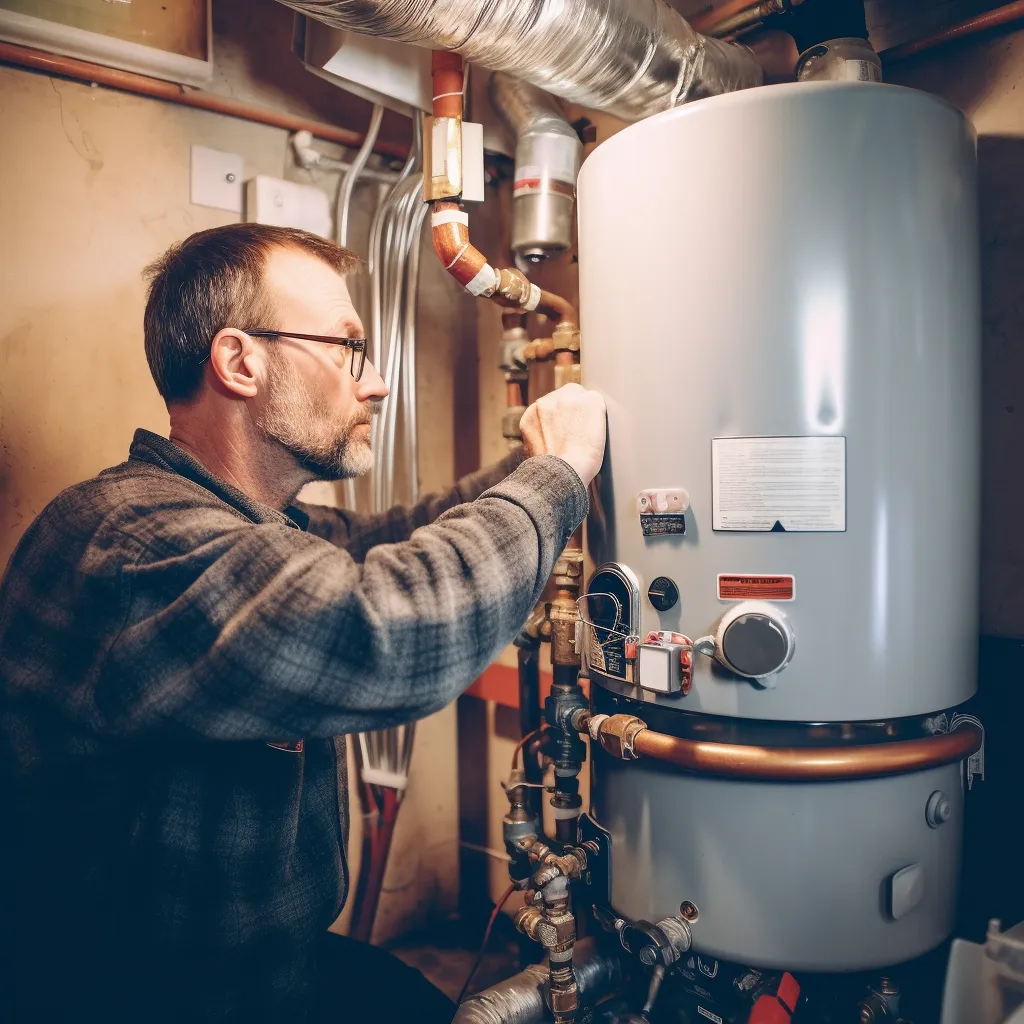
To save money on utility costs in the long run, invest in an energy-efficient model. You should seek out a water heater that consumes less energy.
Before making a purchase, it's important to compare prices from a variety of retailers and suppliers.
Don't forget to investigate any rebates and incentives in your state for purchasing energy-efficient water heaters.
Keep in mind that tankless water heaters might be more expensive initially, but can lead to significant energy savings in the long run.
For safety reasons, it is recommended that you hire a trained professional to install your water heater. Avoid any dangers from attempting a DIY installation.
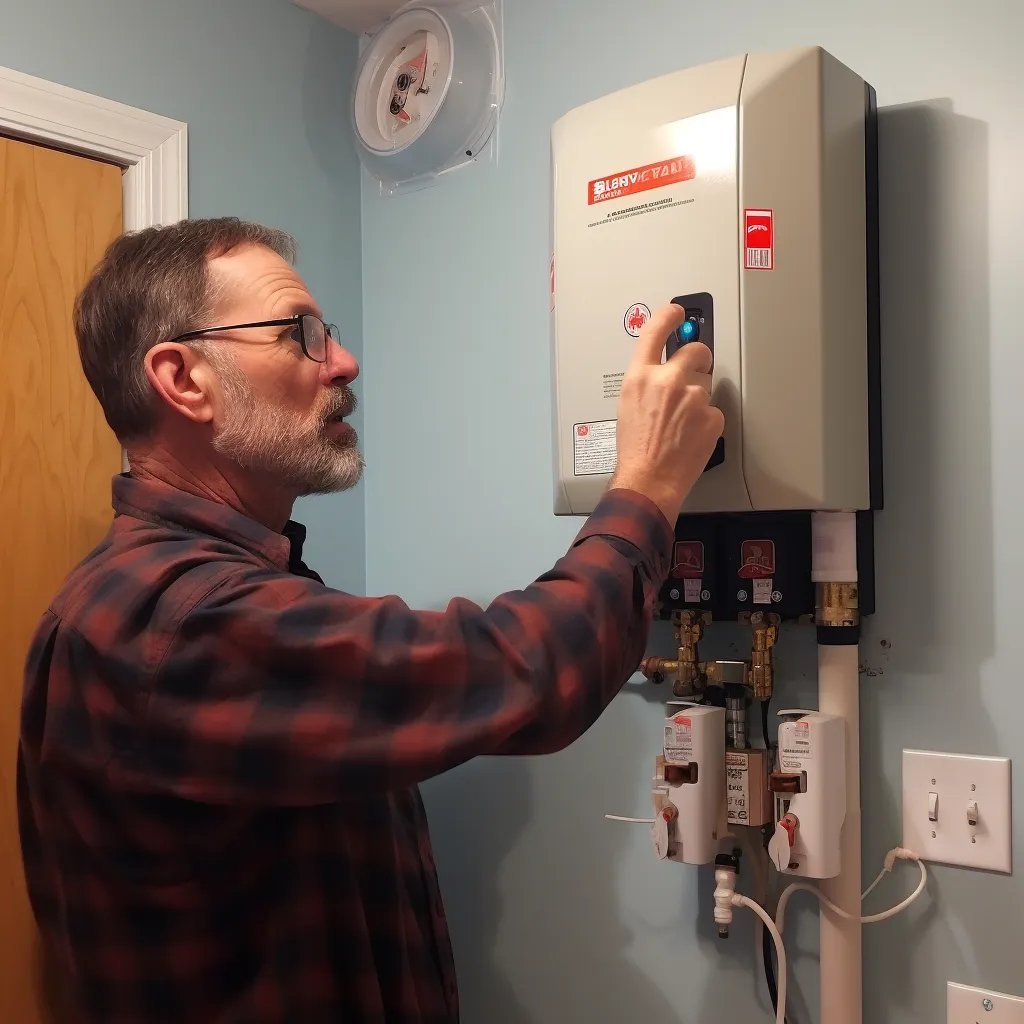
Reasons to hire
a professional vs DIY water heater installation
When it comes to replacing an old hot water heater, it may seem like a good idea to save money and do it yourself. However, this is a complex task that requires knowledge and skill, which professionals possess. Ultimately, choosing a professional for installation can save you money in the long term. They have the necessary expertise to ensure that installation is done correctly and is up to code, with a warranty that guarantees a hassle-free experience. Attempting a do-it-yourself approach might seem tempting, but it can lead to mistakes and further expenses, like repairs and increased energy usage. Therefore, it's best to consider professional service instead of handling the heater replacement alone.
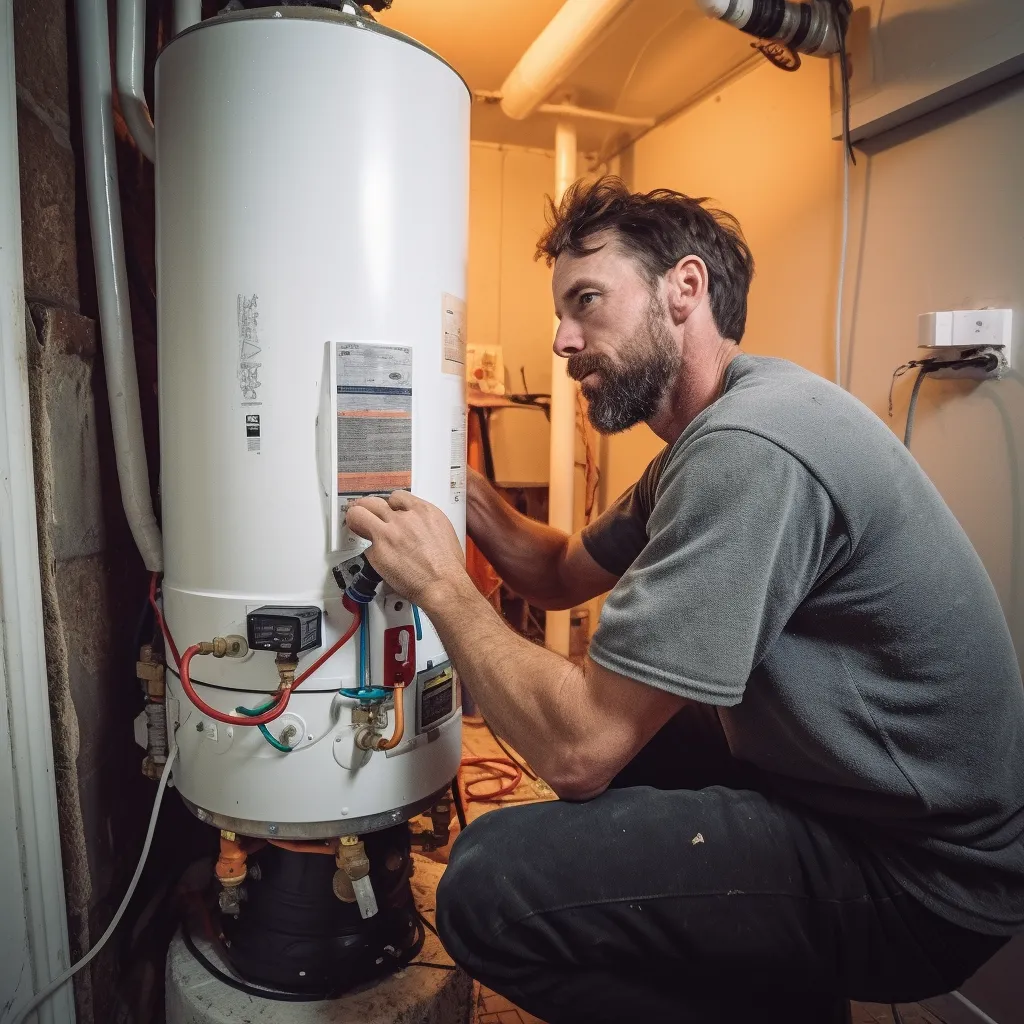
How to find a water heater professional for installation
When you hire a licensed professional to install a new water heater, remember these important things:
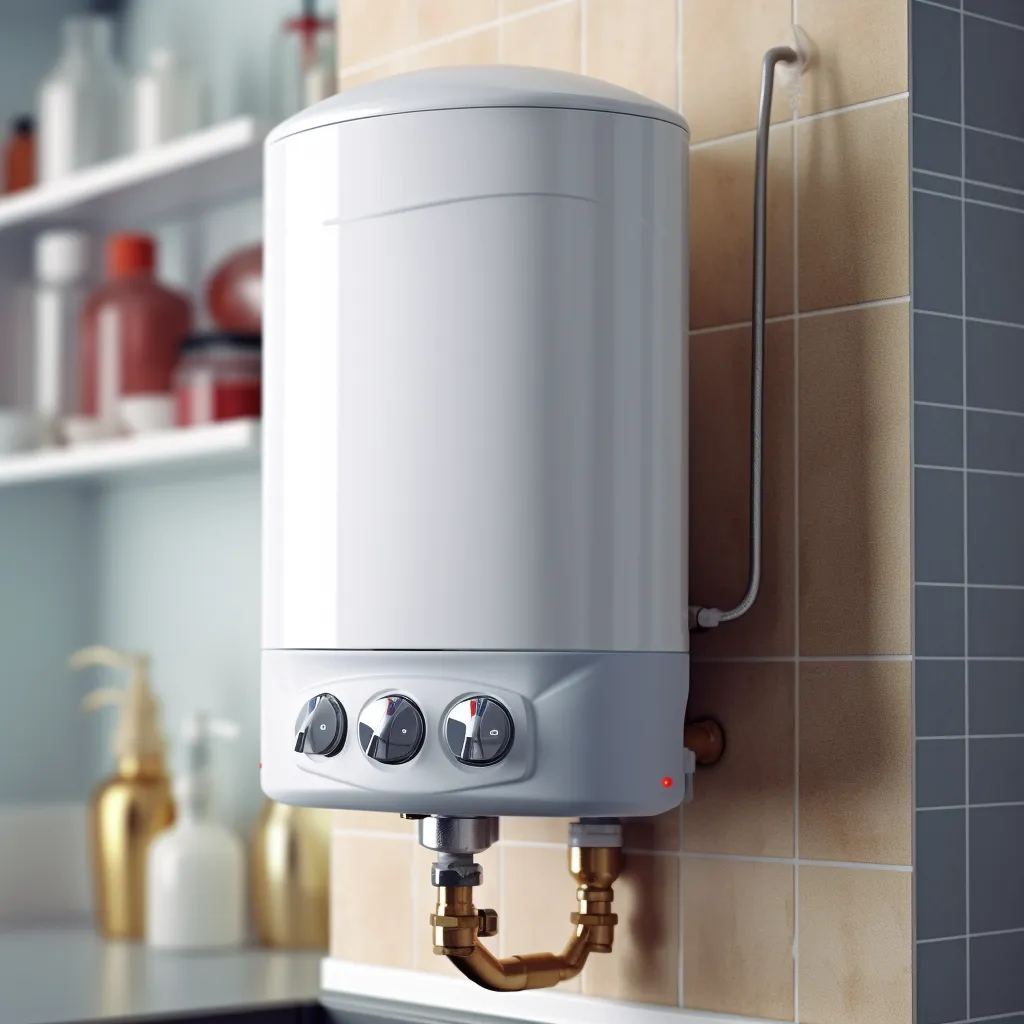
In order to guarantee top-notch quality work, it is important to conduct research beforehand.
Look for online reviews, testimonials, and recommendations from people you know.
It is crucial to check credentials, including licenses, insurance, and qualifications.
Seeking feedback from previous customers is recommended.
To ensure you get the best deal, obtain a detailed estimate from several professionals and compare them.
While the cost is an important consideration, prioritizing a professional with appropriate qualifications and certifications is necessary to ensure a safe and effective installation.
Investing in a skilled professional may help you avoid future complications and also lead to cost savings.
Contact Us
GET IN FULL TOUCH
PHONE:+(803) 784-1514
EMAIL:
julio@waterheaterwestcolumbia.com
Merritt Plumbing & Heating
West Columbia, SC 29171
